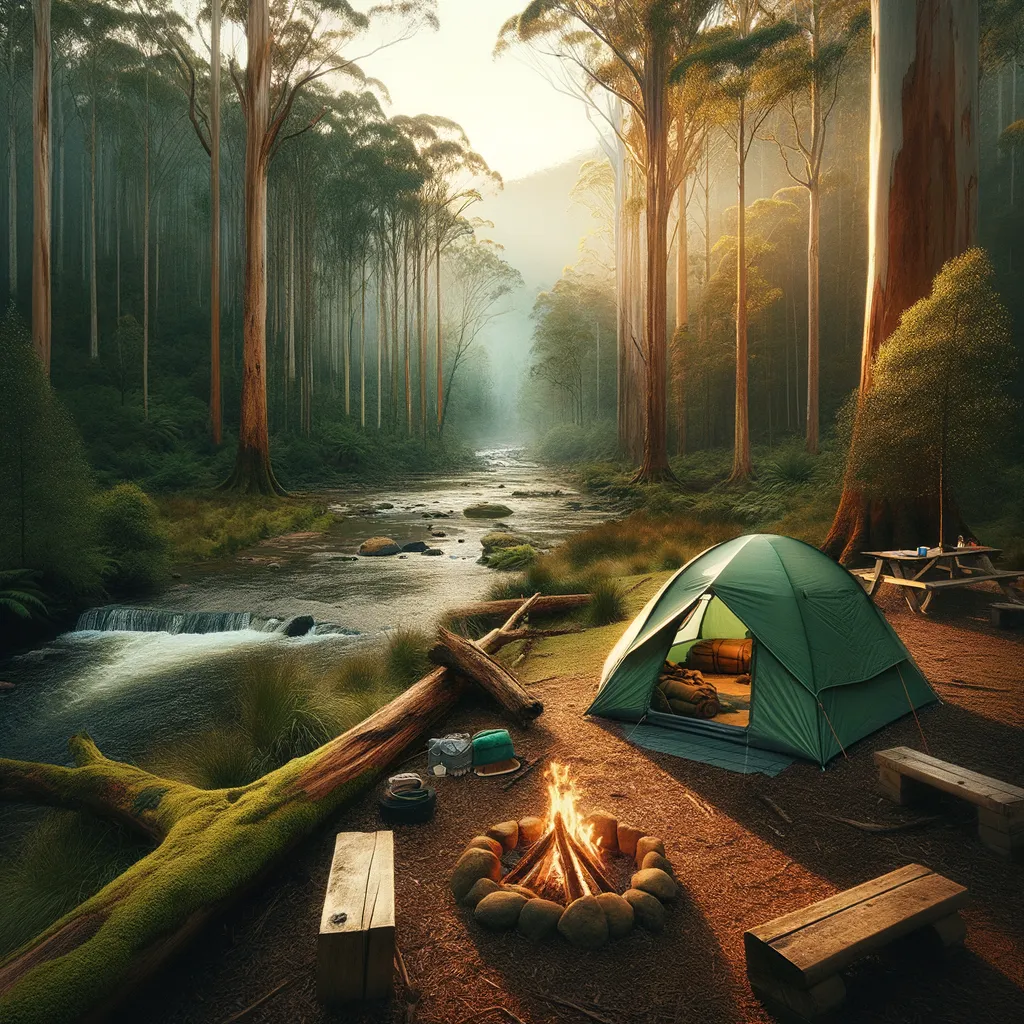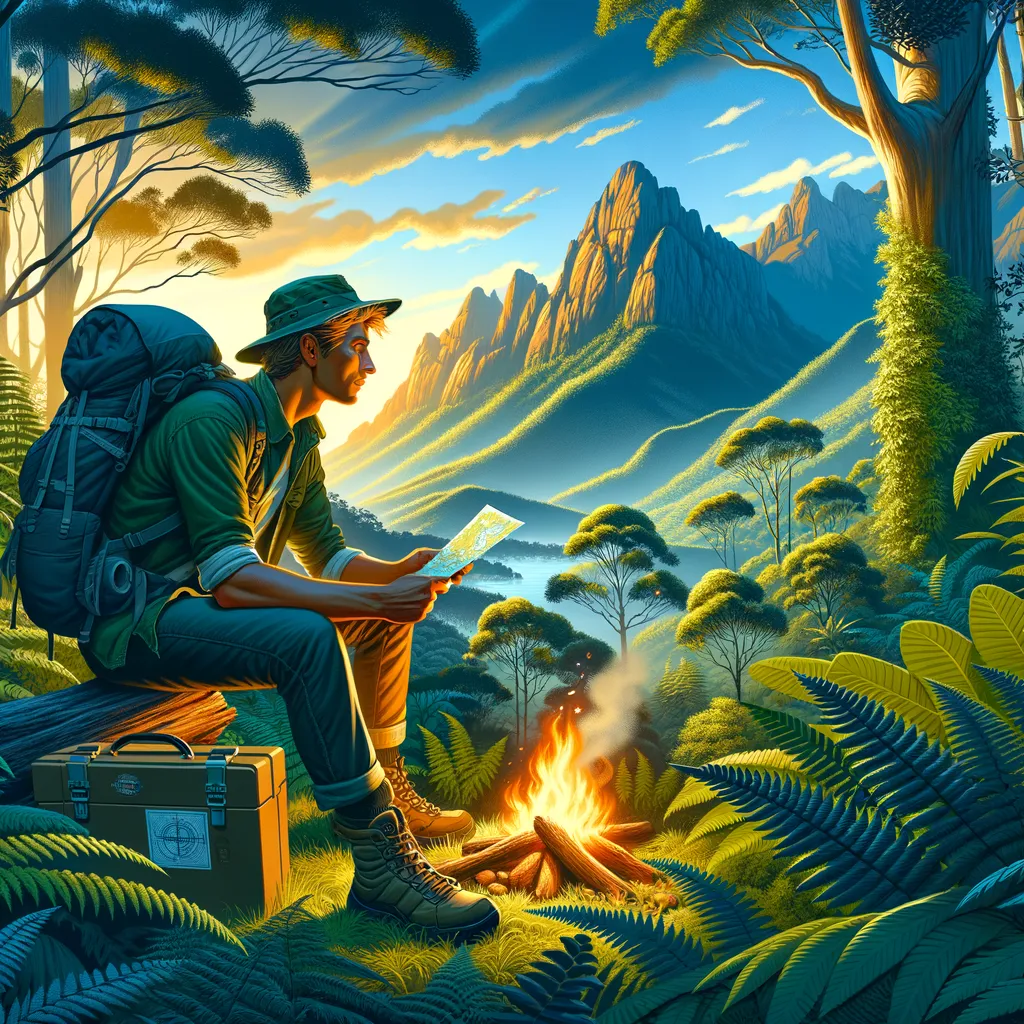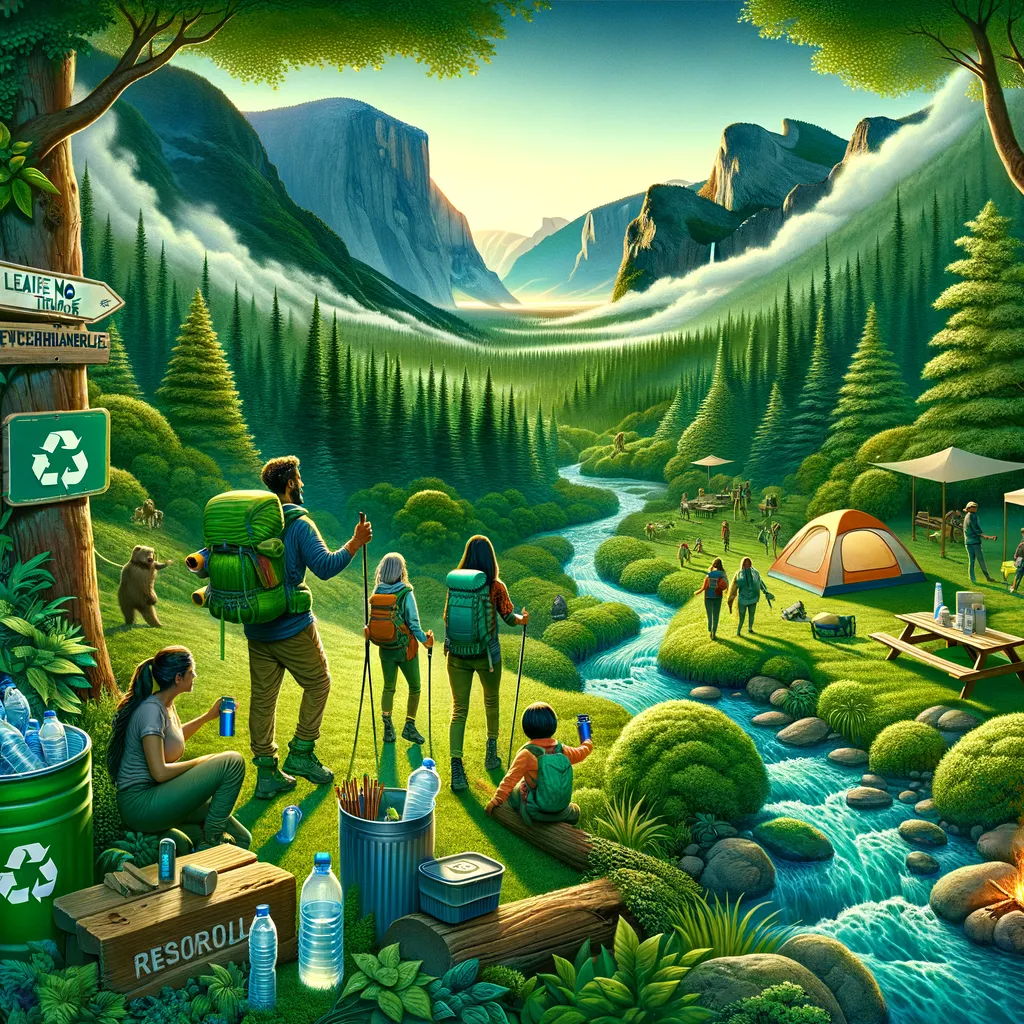Embark on an Unforgettable NSW Camping Adventure with Your Family
Welcome, adventurous parents! Are you looking to create lasting memories with your family under the starry sky of New South Wales (NSW)? You’ve come to the right place! Our guide is packed with essential tips, top campsite recommendations, and all the insider info you need for a successful camping trip in the splendid outdoors of NSW. Whether you’re a seasoned camper or setting off on your first family camping adventure, our guide is your one-stop resource for an unforgettable experience.
Before we dive into the specifics, let’s ensure we’re all geared up for this adventure. If you’re in need of camping gear or want to check off your list with the highest quality equipment, take a peek at Camping. And for a broad overview of camping, including its history and benefits, don’t miss the comprehensive Camping Information available at your fingertips.
Why NSW is a Paradise for Campers
NSW boasts an impressive array of natural landscapes, from pristine beaches and lush rainforests to the rugged beauty of the outback. This diversity offers a plethora of camping experiences for families. Whether you prefer a coastal retreat with the sound of waves lulling you to sleep, a bushland escape surrounded by wildlife, or a riverside spot where you can fish and kayak, NSW has it all. The state’s natural beauty is matched by its well-managed camp sites, complete with facilities that range from basic to fully equipped, ensuring comfort for your family.
Choosing the Right Campsite for Your Family
Selecting the perfect campsite is crucial to the success of your camping trip. Consider the age of your children, their interests, and the level of outdoor experience of your family. Some sites are more suited for young children with playgrounds and shallow water for safe swimming, while others offer adventure activities like hiking and exploring caves that may appeal to older kids and teenagers. Accessibility is also a key factor; while some sites can be reached by car, others might require a short hike, which could be an adventure in itself or a challenge, depending on your perspective.
What to Pack for a Stress-Free Camping Trip
Packing efficiently can make or break your camping experience. Alongside the essentials—tent, sleeping bags, and cooking gear—remember to pack according to the weather and the activities you plan to undertake. Don’t forget first-aid supplies, insect repellent, sun protection, and any medications your family may need. Games and books can be lifesavers if the weather turns, and of course, pack plenty of snacks and water. For a detailed checklist, stay tuned as we dive deeper into what to pack for your NSW camping adventure in our upcoming sections.
Now that we have set the stage for your next big outdoor adventure in NSW, let’s explore in detail the best camp sites tailored for families. With our guidance, you’re all set to choose the perfect location, prepare adequately, and embark on a journey filled with joy, relaxation, and adventure. From coastal havens to mountain retreats, discover the spots that will make your camping experience truly magical.
Preparing Your Family for the Camping Experience
Camping is not just about discovering new places; it’s about cultivating new skills, building resilience, and fostering a deeper appreciation for nature amongst your children. To prepare your family, especially if camping is a new experience, discuss what to expect, from the thrill of discovering wildlife to the reality of living without modern conveniences. Encourage everyone to participate in setting up the camp, cooking meals, and planning activities. This approach not only eases the workload on the parents but also enhances the sense of adventure for the children.

5 Must-know Tips for a Family-Friendly Camping Trip in NSW
Welcome back, intrepid parents! As you gear up for an exciting camping journey in New South Wales (NSW) with your loved ones, being well-prepared is key to ensuring a smooth, enjoyable experience for everyone. From choosing the right campsite to keeping your kids engaged and safe, these five essential tips will help you navigate the planning process with ease and confidence.
1. Master the Art of Campsite Selection
First and foremost, picking the right campsite can significantly impact your family’s camping satisfaction. With NSW’s diverse natural scenery, the options are vast. Consider a campsite based on its facilities and proximity to activities that match your family’s interests. Campsites with amenities like toilets, showers, and playgrounds offer convenience, especially for those with young children. Meanwhile, locations near hiking trails, beaches, or historical sites provide built-in entertainment for the whole family. Websites like Parks Australia are a great resource for finding campsites with the right mix of natural beauty and necessary comforts.
2. Prepare for the Unexpected with a Well-Packed Kit
Your packing list can make or break the camping experience. Beyond the essentials (tent, sleeping bags, cooking equipment), remember to consider the specific needs of your family. Clothing should be versatile, suitable for daytime warmth and chilly evenings. Pack extra snacks, water, and cooking supplies, as kids tend to be hungrier and more energetic in the outdoors. A first-aid kit is non-negotiable, packed with items to treat minor injuries, bug bites, and any medications your family might need. Lastly, remember to bring games, books, and activities to keep everyone entertained during downtime.
3. Engage Your Children in the Planning and Activities
Involve your kids in the camping process from the start. Let them help plan the trip by choosing some of the activities or sights to see. This not only builds their excitement but also teaches valuable planning and organizational skills. Once at the campsite, encourage them to help set up, cook, and clean up. Assigning small, manageable tasks fosters a sense of responsibility and contribution. Exploring nature through scavenger hunts, nature walks, and stargazing can be both fun and educational. Remember, the goal is to make camping a family adventure where everyone plays a part.
4. Safety First: Educate Your Family on Outdoor Risks
Before setting off, have a family discussion about the risks inherent to camping and the outdoors. Educating your children about wildlife, plants to avoid, and campground rules is essential for a safe trip. Discuss what to do if they become separated from the group, including safety whistle signals and a rendezvous point. Pack and wear appropriate safety gear for any planned activities, such as life jackets for water activities or helmets for biking. Awareness and preparedness are your best tools for preventing accidents.
5. Respect Nature and Leave No Trace
Finally, teach your children the importance of respecting nature by following the Leave No Trace principles. This includes disposing of waste properly, minimizing campfire impacts, and leaving what you find. Encouraging children to observe wildlife from a distance and not to disturb natural habitats fosters an appreciation for the environment. Instilling these values during family camping trips contributes to the conservation of these beautiful places for future generations.
Embarking on a camping adventure in NSW with your family is an enriching experience that offers endless opportunities for discovery, bonding, and fun. By choosing the right campsite, packing thoughtfully, involving your children in the planning and execution, prioritizing safety, and teaching respect for nature, you’re setting the stage for a memorable trip. Happy camping, and may your family’s outdoor adventures in NSW be filled with joy, relaxation, and adventure.
Disclaimer
The articles available via our website provide general information only and we strongly urge readers to exercise caution and conduct their own thorough research and fact-checking. The information presented should not be taken as absolute truth, and, to the maximum extent permitted by law, we will not be held liable for any inaccuracies or errors in the content. It is essential for individuals to independently verify and validate the information before making any decisions or taking any actions based on the articles.




